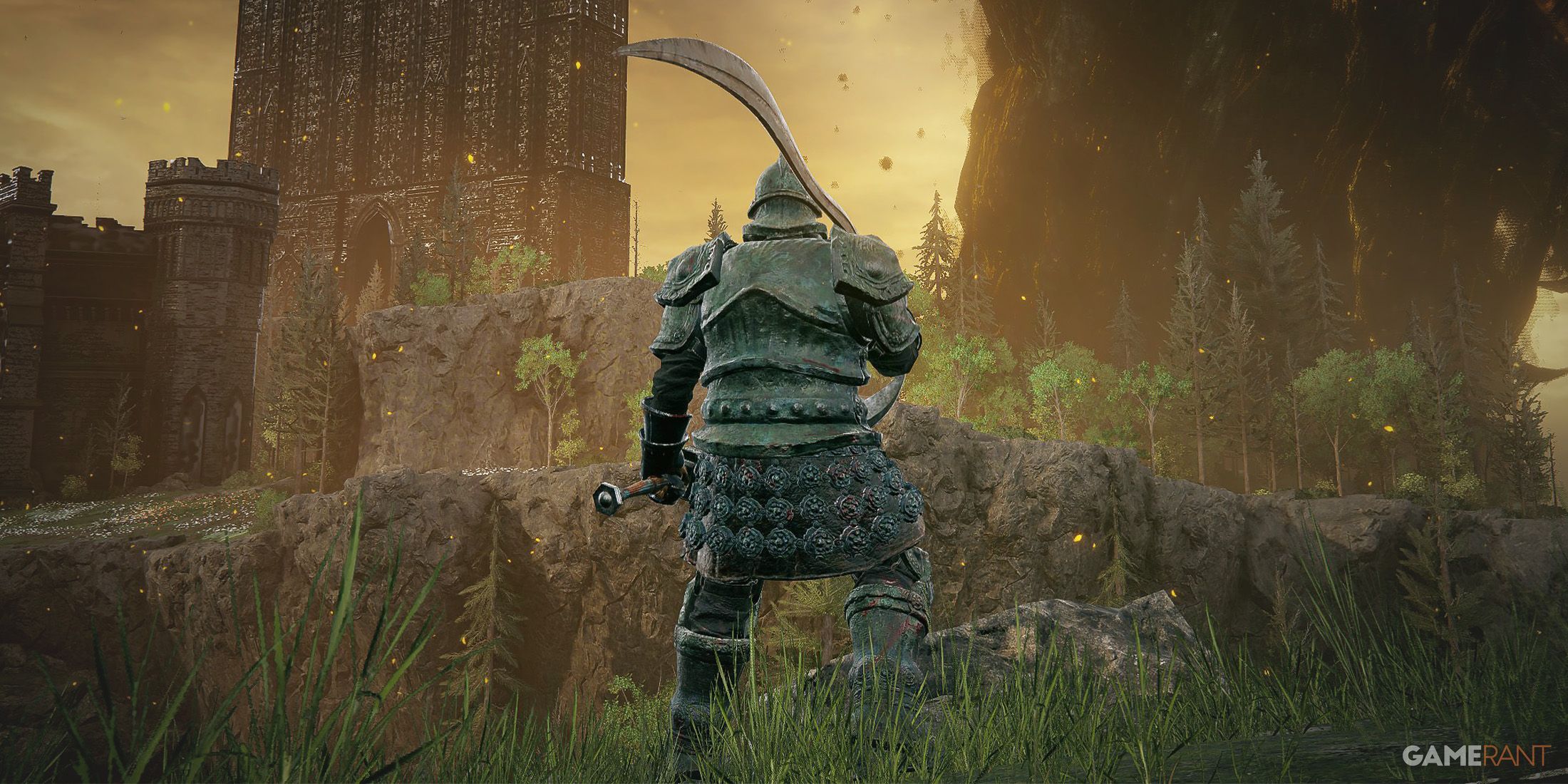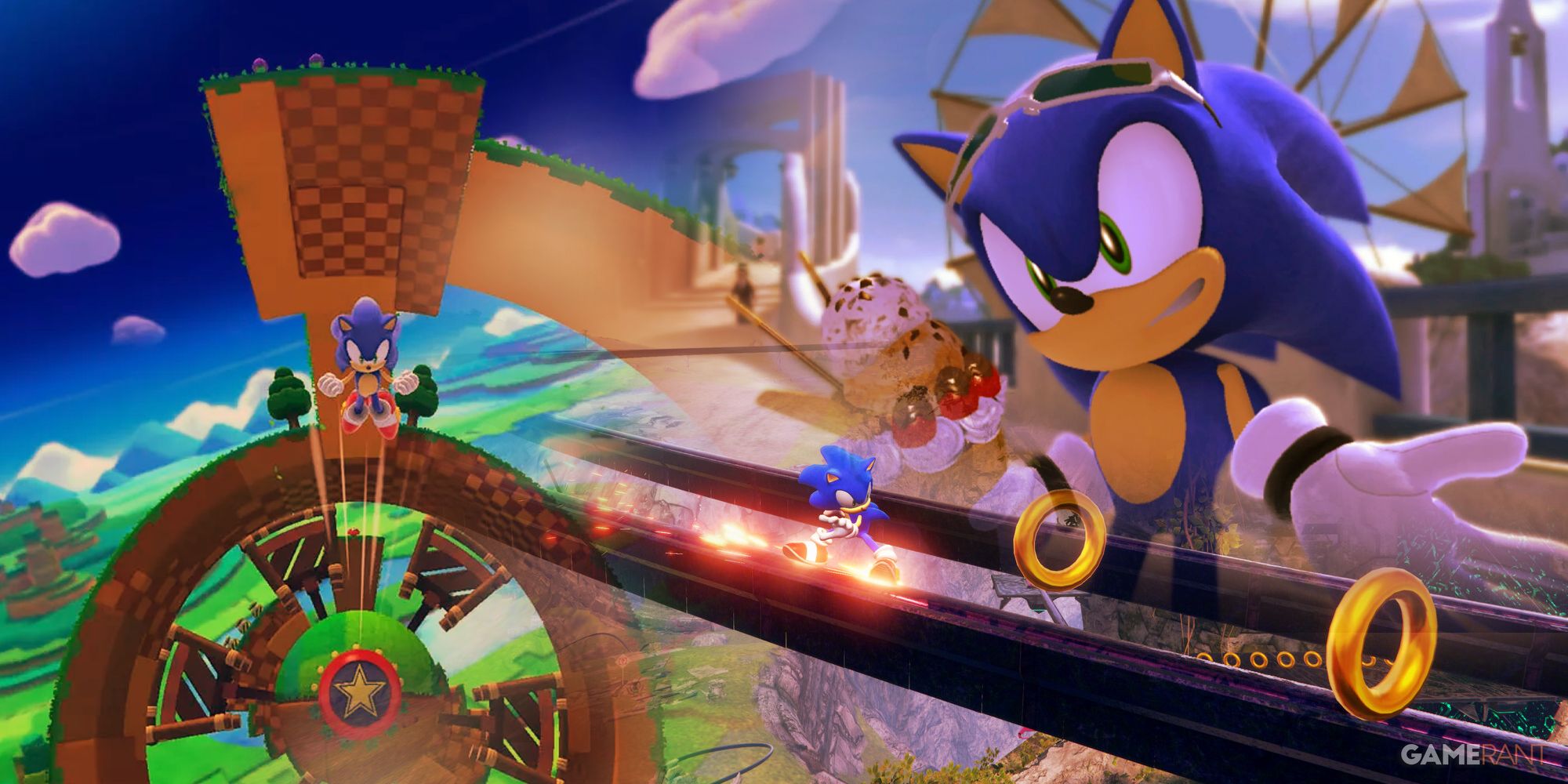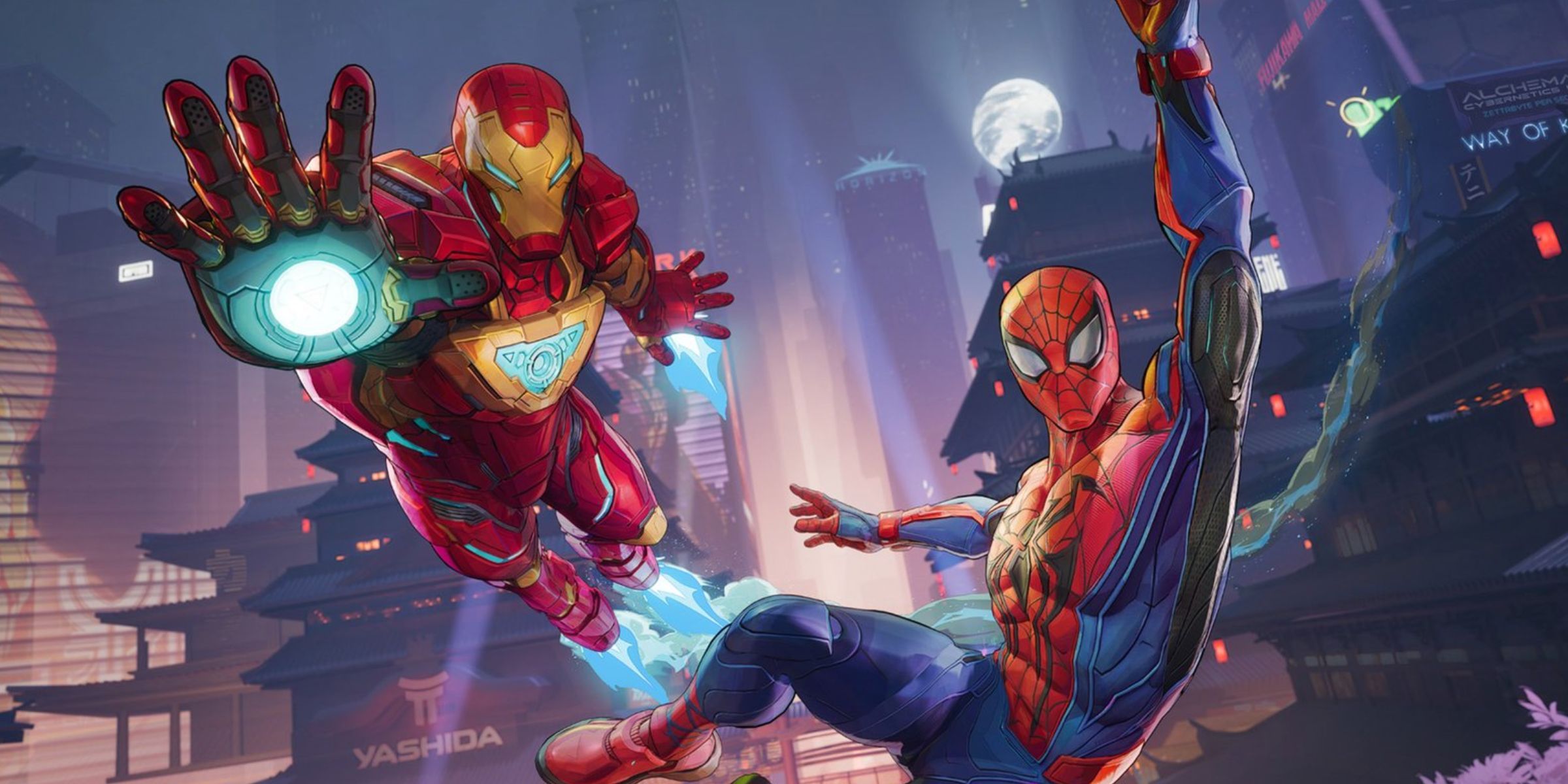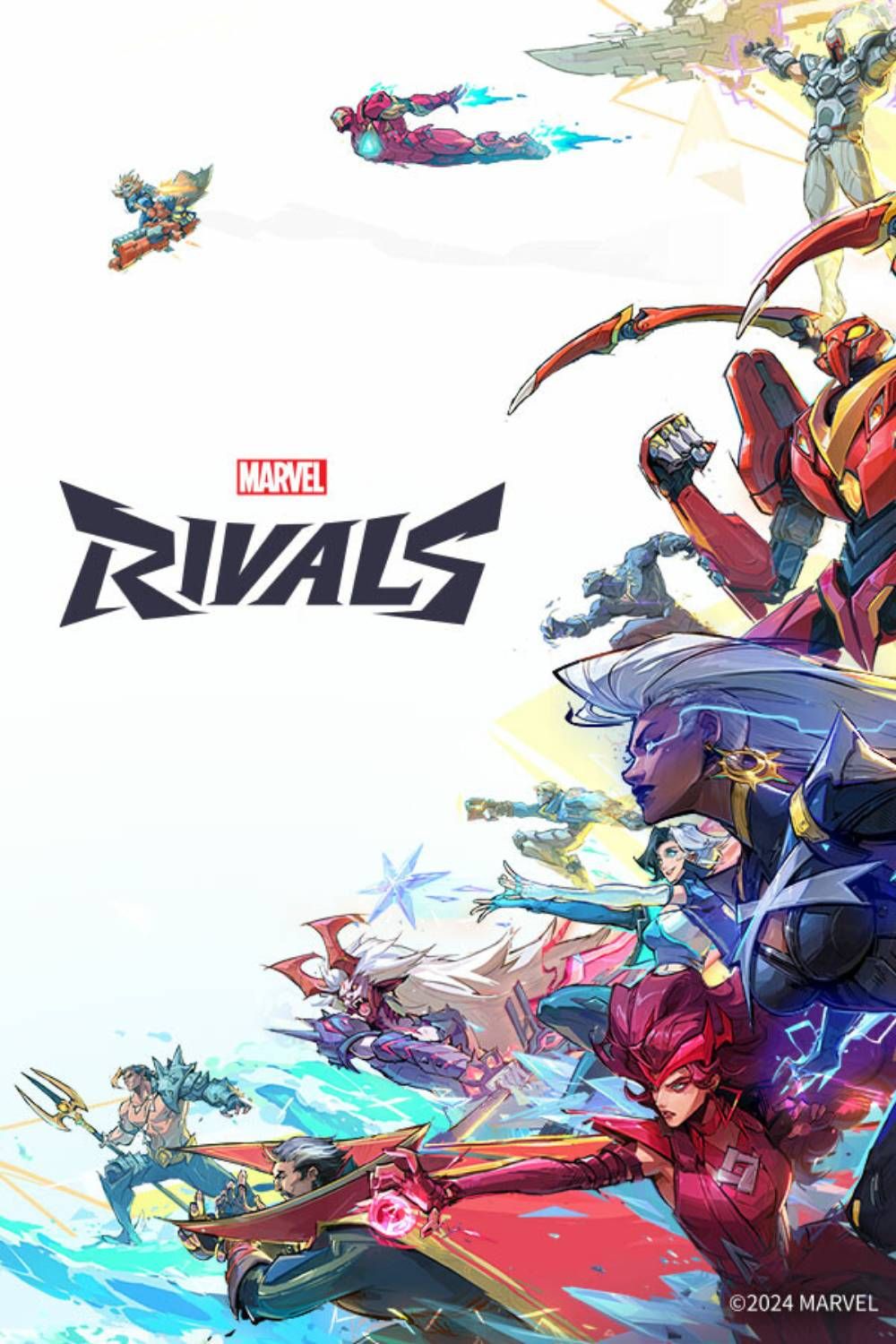Highlights
- DC's recent games, like Gotham Knights and Suicide Squad, have been criticized for a lack of originality and strong narratives compared to Marvel.
- Marvel games are expanding creatively, with unique developer assignments and dedication to art direction, setting a high standard for superhero games.
At a macrocosmic glance, Marvel hasn’t enjoyed a wholly successful or profitable run in the last little while. It may seem like Marvel games have been dominant in the superhero gaming landscape, but that’s largely because it has little to no viable competition coming from DC lately. Moreover, Marvel games have been upheld by Insomniac, whose Marvel’s Spider-Man franchise is responsible for why Marvel would appear so omnipotent, and Marvel’s Avengers, Marvel’s Guardians of the Galaxy, and Marvel’s Midnight Suns are only a few titles that prove Marvel wouldn’t yet be a powerhouse otherwise.
That dominance then belongs to Insomniac, but that could shift positively in Marvel’s favor if its upcoming slate is as diverse and unprecedented as it seems to be. Marvel Rivals, Marvel’s Blade, and Marvel 1943: Rise of Hydra are part of a handful of known games that all might offer a fresh take on the Marvel universe, deflating its bloat and reinvigorating it dynamically. The only big DC game still slated is Monolith’s Wonder Woman, and if future DC games want to come anywhere close to matching Marvel’s output they need to make equally bold and magnetic choices with their artistic direction.
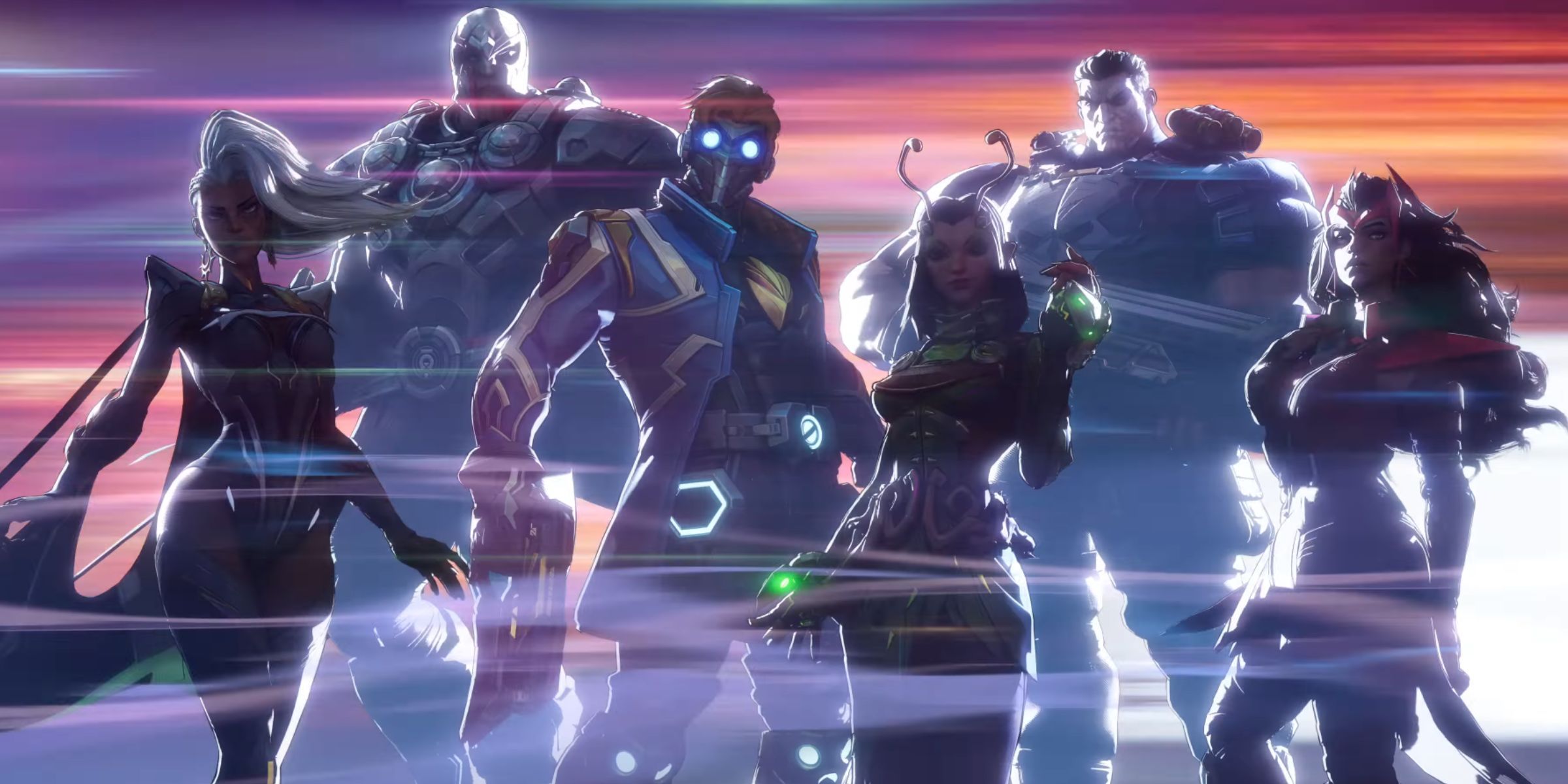
How Marvel Rivals Can Shoot for Lore-Accurate In-Game Events
Marvel Rivals has a lot of potential comic book source material to adapt and yet its 6v6 structure could make that rather difficult to execute.
DC’s Latest Gaming Endeavors Bandwagoned in the Worst Ways
DC has had a fairly rough road in the last decade following the high bar that Rocksteady’s Batman: Arkham Knight put forth. Unfortunately, that’s not really a great excuse for how unimaginative and rote its two biggest games have been since. Gotham Knights and Suicide Squad: Kill the Justice League have each received their own share of criticisms and complaints across a wide spectrum and one element managed to elude them both: originality.
Gotham Knights’ narrative success relied entirely on Batman’s death and the Court of Owls being a worthwhile antagonist syndicate; however, Bruce Wayne isn’t kept dead for long before he commits another act of self-sacrifice that eclipses any act of heroism the whole playable Bat Family has accomplished in the meantime, while the Court of Owls is hardly a main antagonist and abruptly becomes a footnote when Talia al Ghul is revealed to be Gotham Knights’ leading villain.
Meanwhile, Suicide Squad: Kill the Justice League had the herculean task of succeeding the Arkhamverse and arguably squandered that responsibility. That’s not to say Rocksteady can’t grow and move on from its seminal Arkham games, but its treatment of a decade and a half of lore and characters hasn’t been fulfilling.
All that aside, a Suicide Squad game was also a safer choice because DC was hot off the heels of a popular Suicide Squad movie and likely wanted to capitalize on the humorous and irreverent ensemble if it could. Actually killing the Justice League was surely controversial, to be fair, though that choice has lacked weight besides having Batman murdered and it hasn’t been divisive in DC’s favor.
Marvel Games Pluck at Popular Characters as Much as They Stretch Artistically
For Insomniac to develop a Spider-Man game wasn’t necessarily a wild, left-field choice due to its penchant for kind-hearted, hilarious science-fiction.
Marvel seems to have grasped this same notion for other upcoming projects, assigning games to particular developers who bring unique skills to their brand identity. Marvel’s Blade looks astonishingly stylish in Arkane’s hands, for example, while Skydance is bringing an unheard-of degree of hyperrealistic fidelity to Marvel 1943: Rise of Hydra on Unreal Engine 5. Marvel Rivals isn’t authentic necessarily based on its gameplay genre alone, but it’s a novel approach for a Marvel game that has legs thanks to how much effort has been dedicated toward its beautiful art direction.
Regardless of how fruitless or impossible of an ask it is, Wonder Woman has a huge weight on its shoulders to succeed where past DC games have failed. If future titles can reach into creative corners of their source material and niche gameplay genres with immense quality they’ll have a chance to meet the standards future Marvel games are about to showcase, and only those expectations will be able to continue pushing superhero-related games forward until they’re unable to lie down and become complacent.

